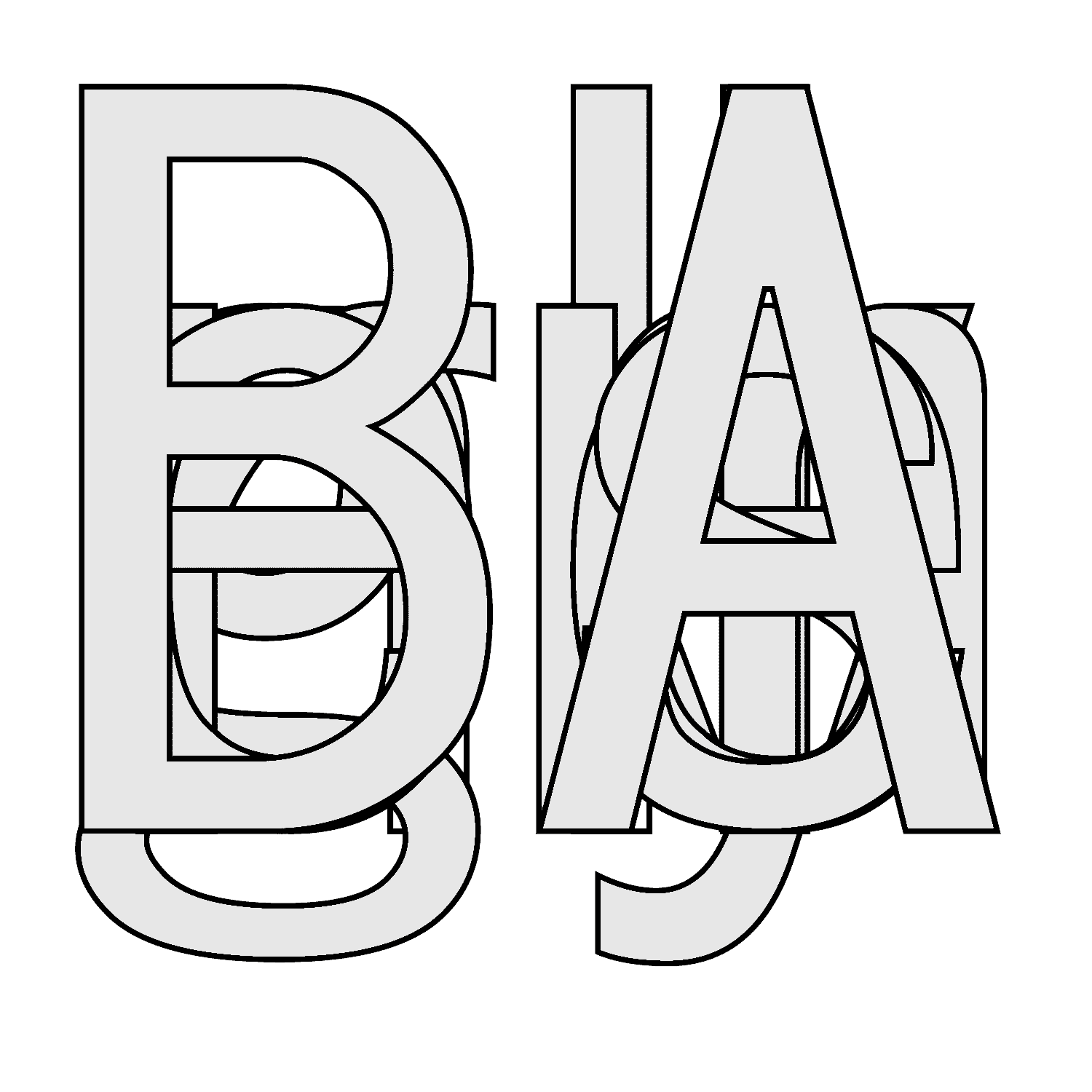NO / EN
Bergen Assembly 2019 successfully concludes with over 43.000 visits
14.10.2019

Actually, the Dead Are Not Dead is a project dedicated to life. It revolves around imaginations, drafts and practices of life that defy its normative models and constructions as produced by the institutions of medicine, politics, law and culture. It rejects the dichotomies of life and death, human and non-human, subject and object, healthy and sick, able and disabled. If the dead are not merely dead, then life is multiplicity.
— Core Group and Co-Curators of Bergen Assembly 2019 in Actually, the Dead Are Not Dead, foreword to the guidebook
Last Sunday, Bergen Assembly 2019 titled Actually, the Dead Are Not Dead concluded successfully with over 43.000 visits. This does not include audience in open public spaces. Since 5 April 2019 it presented works by 140 contributors, including a dense programme phase from 5 September to 10 November 2019 featuring an exhibition across five venues in Bergen and public programme in various formats. Actually, the Dead Are Not Dead focused on ongoing works and series and commissioned a range of new installments in Bergen.
Actually, the Dead Are Not Dead was conceived by a group of twelve curators, artists, theorists, and activists. This core group developed the programme in the form of individual, shared, and overlapping projects to which it invited further artists, curators and contributors from other fields. The core group consisted of conveners Hans D. Christ and Iris Dressler in collaboration with Murat Deha Boduroğlu, Banu Cennetoğlu, María García, Hiwa K, Katia Krupennikova, Viktor Neumann, Paul B. Preciado, Pedro G. Romero, Simon Sheikh and Emma Wolukau-Wanambwa.
The third edition of Bergen Assembly featured four equally relevant platforms: the exhibition spread across five art institutions in Bergen; Belgin, a public space in the centre of the city open to the different communities of Bergen and beyond; The Parliament of Bodies, culminating on 15 June and 7 September; and the education and mediation activities. A public programme including screenings, performances, conversations, concerts, lectures, workshops, game sessions, parties and various other formats spanned across all four platforms.
The exhibition presenting 70 contributors took place at Bergen Kunsthall, KODE 1 Permanenten, Entrée, Hordaland kunstsenter and Bergen Kjøtt with extensions to Belgin, the pub Folk og Røvere and Bergen’s public space. It was not structured according to thematic sections but repeatedly rearranged the different strands of the content of Actually, the Dead Are Not Dead. Two curatorial contributions had their own title and space: political parties by Pedro G. Romero and María García and Sick and Desiring by Nora Heidorn. The exhibition was conceived as a whole and resulted from the interplay of the different individual and shared curatorial settings.
Belgin, a space on street level in Bergen’s city centre, opened to the public in April 2019, and functioned as both a working and social space. It revealed the working processes of Actually, the Dead Are Not Dead and the institution and opened them up to dialogue, as well as to local input, ideas and influences. The space’s name refers to the Turkish singer Belgin Sarılmışer (1958–1989), who adopted the alias ‘Bergen’ after the Norwegian harbour city. Belgin hosted not only parts of Bergen Assembly 2019’s public programme but also over 80 activities of local groups and initiatives.
The Parliament of Bodies, conceived by Paul B. Preciado and Viktor Neumann, called for an anti-fascist, transfeminist, and anti-racist coalition and the celebration of many voices fighting against the techno-patriarchal and colonial regime worldwide. Its gatherings The Parliament of Bitches on 15 June and The Impossible Parliaments on 7 September 2019 presented the newly created Society in Translation and Society of Friends of Lorenza Böttner alongside already established Open Form Societies. During its night programmes with discussions, music, performances, screenings and rituals, the Parliament of Bodies made visible the thick weave of relationships created by citizens, researchers, artists and organisations in Bergen while engaging deeply with this platform.
The education and mediation platform hold six public activities each week created for all age groups as well as several singular events. Instead of reproducing information, the activities twisted traditional forms of mediation such as guided tours or family visits. The education and mediation programme focussed on utilising the triennial as a place for exchange, shared experiences and knowledges, remaining open and curious to the unforeseen and unexpected.
The fourth edition of Bergen Assembly will take place in 2022. The flexible model for artistic production and research structured around public formats in Bergen is re-invented for every edition. The next conveners to conceive formats and contents of Bergen Assembly 2022 will be announced next year.
